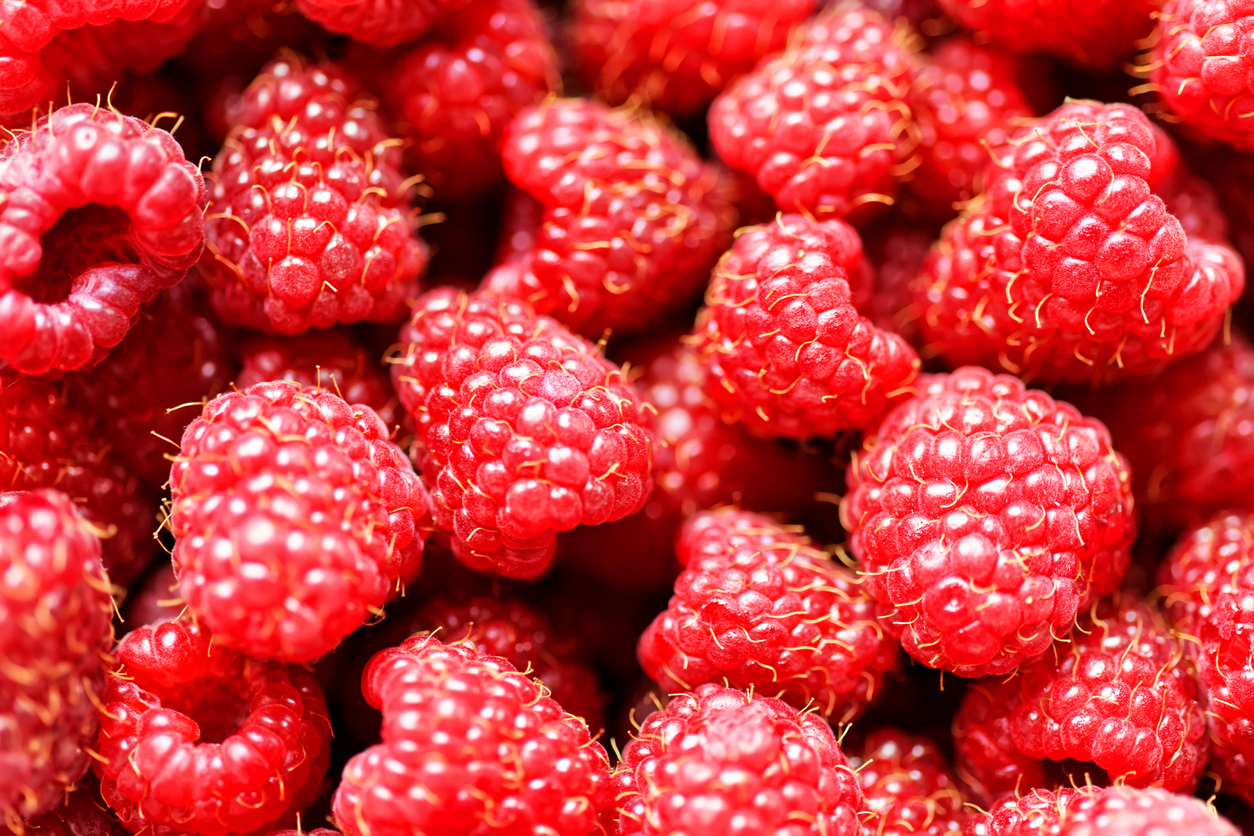
Scientists Use CRISPR to Create More Resilient Raspberries
September 3, 2025| |
Researchers have recently published a new method to edit the DNA of raspberries. Published in Frontiers of Genome Editing, the study aims to develop a more sustainable raspberry production and less food waste.
In the groundbreaking study, researchers have developed a novel method to edit the DNA of raspberries using CRISPR-Cas9 technology. This is the first time CRISPR gene editing has been successfully validated in red raspberry. The process involves isolating single cells (protoplasts) from raspberry leaves, editing their DNA with CRISPR, and then regenerating whole plants from these edited cells. This technique could significantly accelerate the breeding of new raspberry varieties, creating plants that are more resistant to diseases like grey mold, have a longer shelf life, and are better able to withstand climate change-related heatwaves. The ability to quickly and precisely introduce desirable traits into raspberries could lead to more sustainable production and a reduction in food waste, with new varieties potentially ready for on-farm trials in as little as 12 months, compared to over a decade with traditional breeding methods.
The researchers developed a DNA-free gene editing method for raspberries, a crucial distinction that separates it from a genetically modified (GM) organism. Unlike traditional GM methods, this process does not introduce any foreign DNA into the raspberry genome. Instead, it uses the CRISPR-Cas9 tool to make precise changes that are indistinguishable from natural mutations or those produced through conventional breeding. This approach complies with the Genetic Technology (Precision Breeding) Act (2023) in England, which only allows for non-transgenic changes in crops. According to the lead researcher, PhD student Ryan Creeth, this technology is vital for addressing food waste and sustainability by creating more resilient, nutritious, and cost-effective food.
For more details, read the news article in Cranfield University News.
| |
You might also like:
- UC San Diego Researchers Use CRISPR to Target Global Crop Pest
- Key Developments in New Plant Breeding Technologies in 2024
- Nine Gene-edited Berries from Pairwise Receive USDA Confirmations
Biotech Updates is a weekly newsletter of ISAAA, a not-for-profit organization. It is distributed for free to over 22,000 subscribers worldwide to inform them about the key developments in biosciences, especially in biotechnology. Your support will help us in our mission to feed the world with knowledge. You can help by donating as little as $10.
-
See more articles:
-
Plant
- AI Uncovers Key to Sustaining Rice Yields for Billions Around the World
- CRISPR Reverses Detrimental Effects of Natural Mutation in Rice Gene
- Experts Develop Optimized Transformation Systems for Local Rice Varieties
- High Seed Costs and Consumer Resistance Impede GM Maize Adoption in Ghana
-
Animal
- Gene-Edited Cane Toads Shed Light on Albinism
-
Food
- Scientists Use CRISPR to Create More Resilient Raspberries
- Study Finds Price and Shelf Life Drive Consumer Demand for GM Foods in South Africa
-
Environment
- Sunlight-Recharged Glow-in-the-dark Succulents New Way to Plant-based Lighting Systems
-
Read the latest: - Biotech Updates (January 28, 2026)
- Gene Editing Supplement (January 28, 2026)
- Gene Drive Supplement (February 22, 2023)
-
Subscribe to BU: - Share
- Tweet

